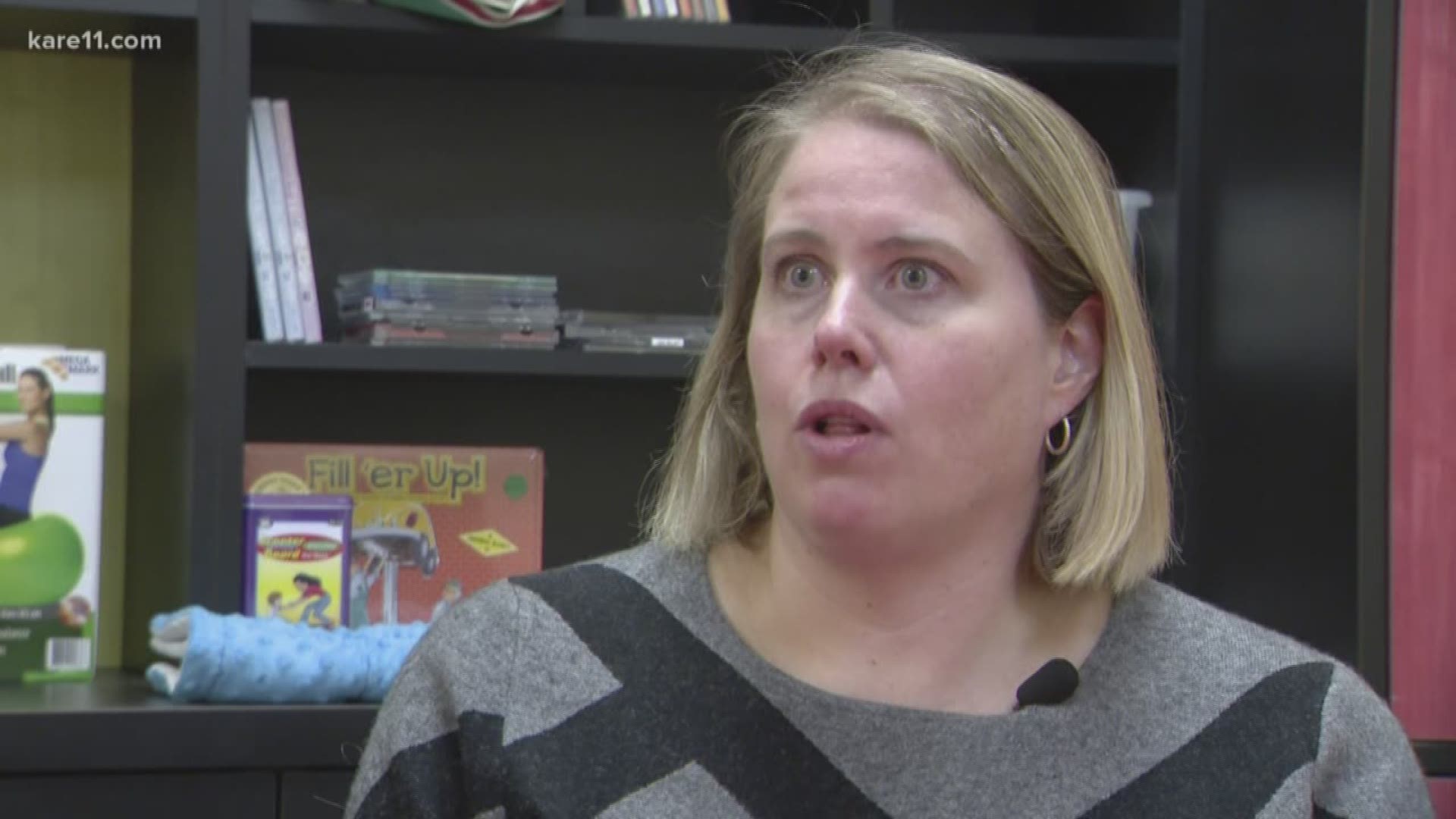We know 800,000 or so government workers are going without a paycheck during the shutdown, but it's not just financially impacting families.
For one Minnesota boy a potentially lifesaving medical trial has been delayed because the FDA can't approve new treatments during the shutdown.
The family isn't looking to start a debate or choose sides in the shutdown, but with their son's life on the line, they wanted to show elected officials how serious shutting down the government can be.
“This is bigger than politics. This is about kids’ lives,” Sarah Doerr says.
Doerr’s 6-year-old son Max has a rare condition known as Pantothenate Kinase-Associated Neurodegeneration, or PKAN for short.
The degenerative disease affects the muscles and slowly takes away a patient’s ability to walk, talk, and even breathe.
“At a certain point without treatment we expect Max will be in a wheel chair,” Doerr says.
Doctors say most kids who have PKAN don't make it to their 10th birthday.
“There’s maybe a few hundred kids who have it,” Doerr explains. “We only know of one other kid in Minnesota.”
After years of research, a medical team at Oregon Health and Science University has created a cure for PKAN, but before they can get started the FDA has to approve it.
“And as long as the FDA is closed that’s not going to happen,” Doerr says.
Doerr understands the shutdown won’t last forever, but when it comes to her son’s condition, time is of the essence.
“When you hear months, maybe a year before the shutdown ends, that’s really scary,” Doerr says.
Max and a few dozen other kids have already signed up to participate in the two-year study.
Once it’s approved the kids will start taking daily medication, half will get a placebo, the other half will get the actual treatment.
That will go on for the first six months of the study.
“After that all the kids will get the treatment for the remainder of the study,” Doerr explains.
But until the federal government is back open, the Doerr’s and the other families can only sit by and wait.
“It’s like mile 25 in the marathon and we just need to get over the finish line,” Doerr says.
The study is being funded by donations brought in by the Spoonbill Foundation, a non-profit group coordinated by doctors at Oregon Health and Science University.
So far, the foundation has raised enough money to get the study started, but there’s not enough to keep it going for the entire two years.
To donate click here.

